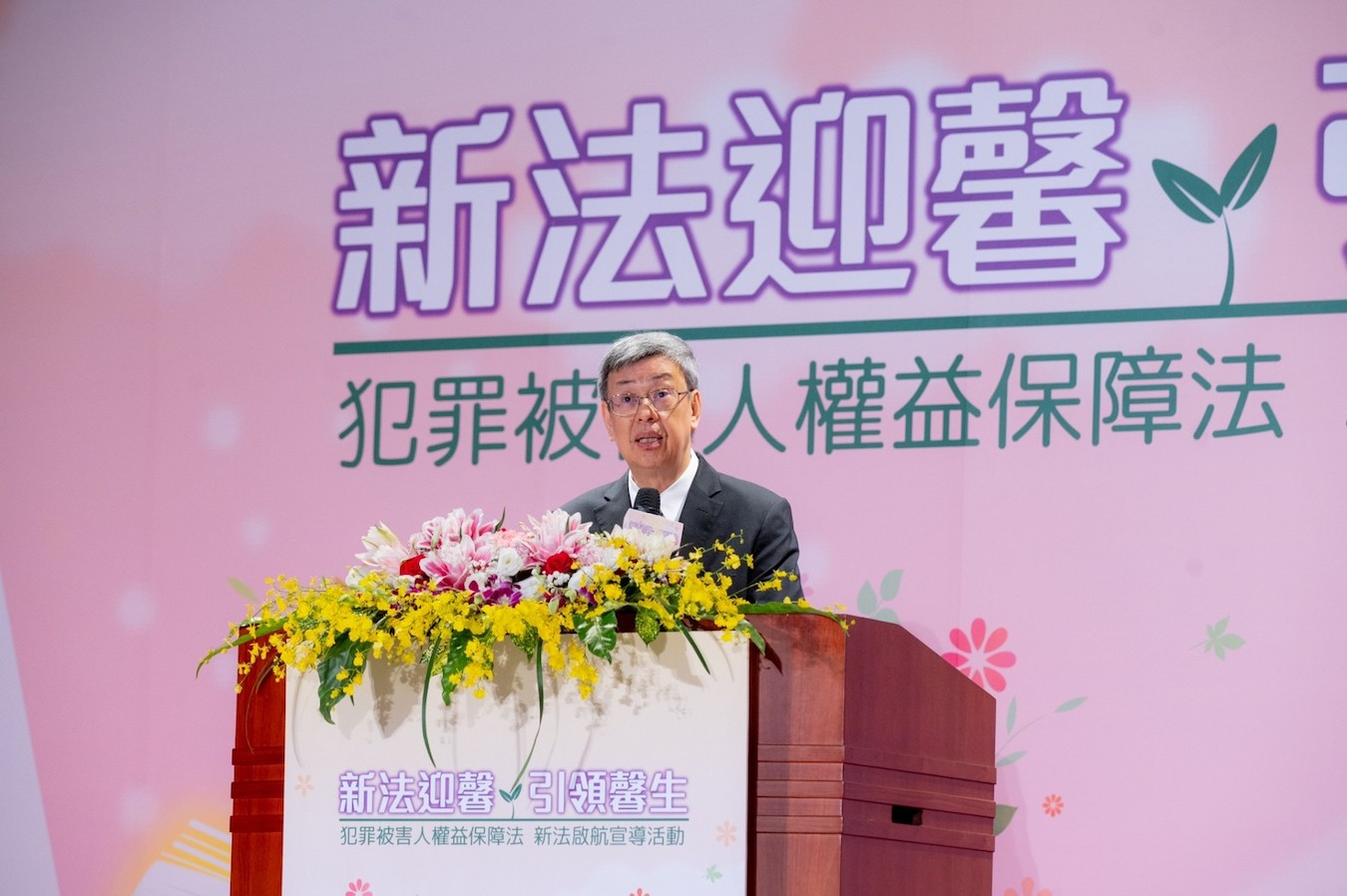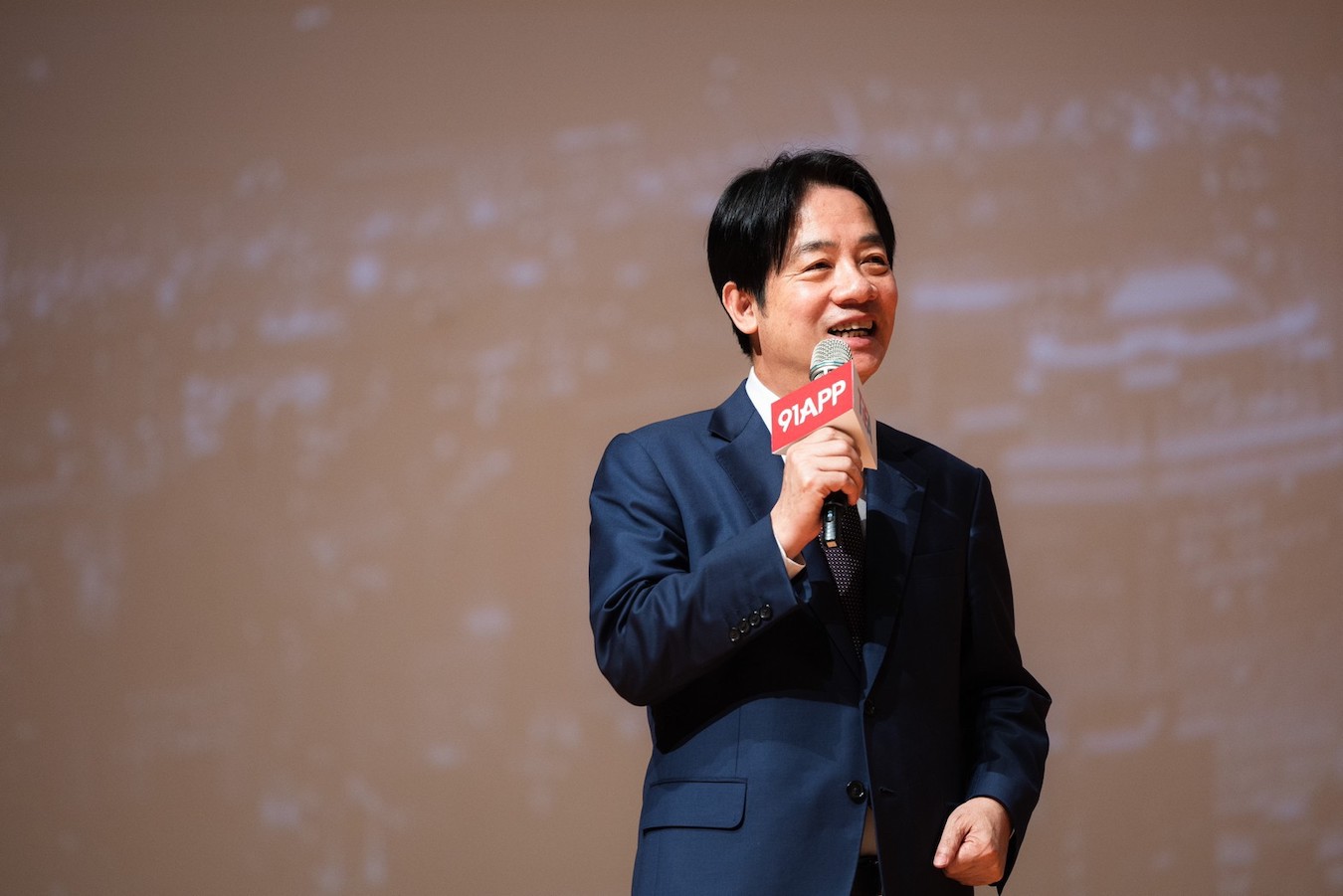by Brian Hioe
語言:
English
Photo Credit: William Lai/Facebook
AHEAD OF ELECTIONS next year, the Tsai administration has announced a flurry of plans aimed at improving subsidies for education at the high school and college level. As such, it may not be surprising that the pan-Blue camp has criticized the Tsai administration for only announcing such plans to pander to voters.
Vice President WIlliam Lai, who is also the DPP’s presidential candidate, announced on June 20th that the government would be subsidizing at least half of the tuition gap between private and public universities. It is thought that this will be around 25,000 NT per year. Namely, the average annual tuition fee for private universities in Taiwan is 110,000 NT per year, while the average annual tuition for public universities is 62,000 NT per year. As such, the gap between public and private universities is around 50,000 NT.
This amount will be deducted from tuition fees paid on a semesterly basis and will take effect in the second semester of this academic year. 473,000 students will be eligible this year, while 591,000 are to be eligible for saving 25,000 NT next year. This plan will cost 15 billion NT per year.
 Chen Chien-jen. Photo credit: Chen Chien-jen/Facebook
Chen Chien-jen. Photo credit: Chen Chien-jen/Facebook
Civil society groups such as the Taiwan Youth Association for Democracy and the Union of Private School Educators have expressed support for the plan. In particular, the move will benefit not only students of private universities but also private universities who may face declining enrollment in light of Taiwan’s declining birthrate.
The day after Lai’s announcement, Premier Chen Chien-jen announced that tuition for high schools and vocational schools would be free. Currently, students of high schools and vocational schools must pay 6,240 NT per semester, though households with less than 1.48 million NT of annual income are exempt from having to pay tuition fees.
Going forward, however, all households will be exempt from having to pay tuition for high school and vocational schools. 113,000 students will be affected by the new policy.
Tsai administration officials have asserted that the changes are aimed at broadening access to educational opportunities, as well as benefiting students for whom higher tuition fees at private universities can be a burden. Public universities are, for the most part, considered to be more prestigious in Taiwan.
Unsurprisingly, the Tsai administration has been criticized by pan-Blue candidates. Former Taipei mayor Ko Wen-je, who is running as the TPP’s presidential candidate, accused Lai of effectively trying to buy votes. DPP politicians have in turn hit back at Ko over being from a privileged family that did not need to worry about tuition.
New Taipei mayor Hou You-yi, who is the KMT’s presidential candidate, criticized the move as unlikely to benefit the higher education sector in Taiwan. Namely, many institutions are struggling to stay afloat without enough students to keep operating. Hou instead called for allowing more Chinese and international students to study in Taiwan.
 William Lai. Photo credit: William Lai/Facebook
William Lai. Photo credit: William Lai/Facebook
Either way, in a similar timeframe, the Tsai administration announced that starting in September, men born after December 31st, 2004 will be able to complete their mandatory military service and college in four years. Late last year, the Tsai administration lengthened the military draft back to one year, to deal with increased Chinese military threats from China. The military draft was shortened to four months under the Ma administration, likely with the aim of making things difficult for future pan-Green administrations.
As extending the military draft is not likely to be popular among young people, it is possible that the Tsai administration’s moves regarding high schools, vocational schools, and colleges are aimed at courting the youth vote. Indeed, the Tsai administration may fear that its advantage with youth voters as compared to the KMT will be eroded by its re-lengthening of the draft, hence such actions. That being said, a referendum held alongside 2022 elections to lower the voting age to 20 was defeated, and it is generally thought that the pan-Green camp leaned into the referendum more than the pan-Blue camp because it would benefit more from there being more eligible voters. Two years ago, the KMT had less than 9,000 members under 40, though the party claims that recruitment is up 40% since. And though Ko is thought to have more youth support, the pan-Blue camp as a whole still struggles with winning over the youth vote.

